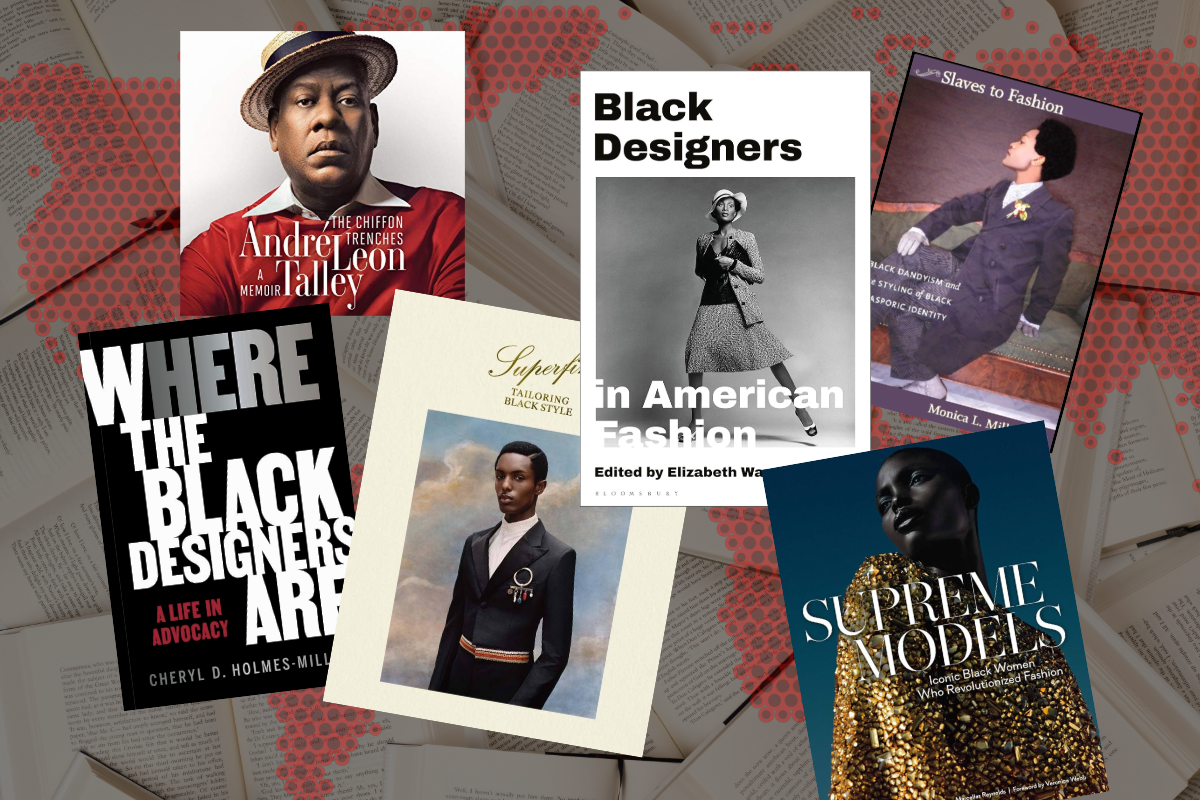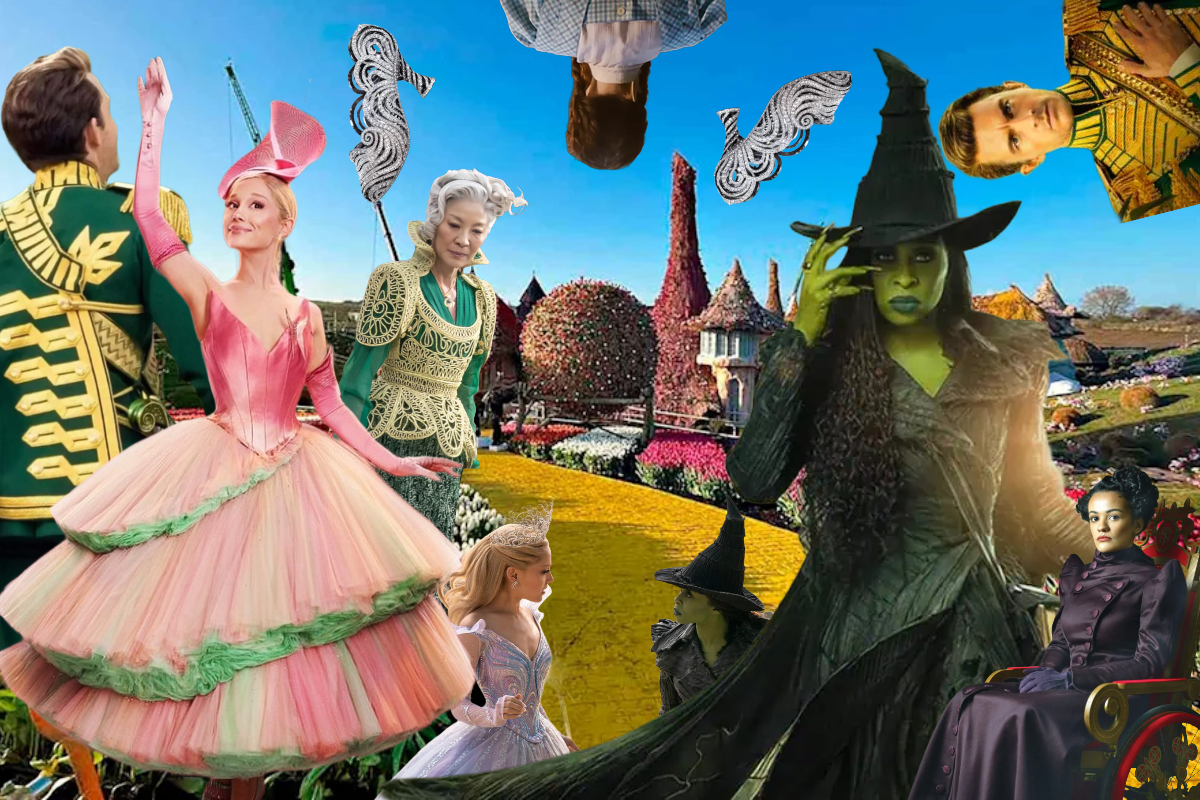In 1980, President Jimmy Carter declared the week of March 8th as National Women’s History Week. Years later, the National Women’s History project filed a request to Congress, soliciting to expand the celebration to the entire month.
So since 1987, Women’s History Month has been a celebration of women and their work and contribution to our society in many different fields throughout history. It is an important time to stop and see the progress our society has made in so many paths. Women’s representation in senior-level positions is improving. More women are running for office and getting elected. We are closer to equal participation, and more awareness is raised throughout different parts of the world around gender equity.
And although there is still a long way to go and significant progress must be made, today in Political Fashion, we are celebrating women from different parts of the world. Women who have been involved and are still involved in politics, making things different and opening the path for a fair world of politics where all genders have the same opportunities to be involved in politics of all dimensions. History is made every day by strong people. These women are making history.
Isabel Diaz Ayuso: President of the Community of Madrid, Spain.

Isabel Díaz Ayuso is the President of the Community of Madrid. She won the elections in May of 2021 after an intense yet successful campaign where her core message Libertad (Freedom), empathized with voters as Diaz Ayuso connected the idea of freedom with the needs of Madrid citizens after a year of pandemic and exhaustive lockdowns. Liberty in the economy, encouraging business owners and people in the touristic industry to reopen their businesses and recover from the devastating months of lockdown. Liberty of education, speaking about the urge to go back to the classrooms, and the importance of education for people of all ages. This message, aligned with the social context of the moment, made her win the elections on May 4th of 2021, with a relatively short political career. Still, a core message and a fascinating way of communicating with citizens and voters, that media from different parts of the world have compared her leadership and power of influence with Margaret Thatcher, Kamala Harris, and AOC.
The admiration for this political figure has made restaurants and bars name dishes and drinks after the President of the Community of Madrid. You can now find potatoes “Ayuso style,” the pizza “Madonna Ayuso,” and most recently, the craft beer by the brewery Damas, which has Ayuso’s face on the label.
Another highlight of Díaz Ayuso’s campaign is the assertive way in which she talked about the Latinx community in Madrid. Madrileños from Colombia, Madrileños from Venezuela, welcoming eligible voters from Latin countries to identify with Diaz Ayuso’s message and vision.
Olimpia Coral Melo Cruz: Mexican Activist

Olimpia is a women’s rights activist from Puebla, Mexico. When she was 19 years old, she was a victim of revenge porn. (Her former partner shared sexual content featuring her without her consent). When she tried to do something about it, the authorities told her there was no legal procedure that she could follow “because she wasn’t under the effect of alcohol or any substance, and there was no sexual abuse.”
When her former partner filtered the intimate video, Olimpia was a victim of bullying, humiliation, and exposure. She realized what digital sexual violence was at a very young age and decided to do something about it.
Olimpia joined the Frente Nacional para la Sororidad with other women who were victims of the same kind of violence. After lots of work and confronting pushback from many people, on January 22nd, 2020, the local Congress in Mexico City approved Olympia’s law, prohibiting the sharing of intimate content without the subject’s permission.
Until today, more than 20 people have been arrested for sharing private content without the subject’s permission. It is because of Olimpia’s vision and persuasion to raise awareness on this issue that many people in Mexico can now raise their voices if they face digital sexual violence. (Milenio)
Princess Märtha Louise of Norway: Redefines Royal

The life of Princess Martha has been full of challenges against social expectations.
Princess Martha is the eldest child and only daughter of King Harald V and Queen Sonja. When she was young, her family asked her if she was interested in becoming Queen. The Royal family could try to modify the rule that establishes that male kids have priority to be successors, which would have made Princess Martha, the successor of her father since she is the eldest child. But Princess Martha said she wasn’t interested, she wanted a life of freedom instead.
The Princess studied physiotherapy in the Netherlands, lived in Baerum and London for a few years, and married Ari Behn, a Norwegian author and visual artist younger than the Princess. The couple had three daughters and a marriage of 15 years. During this time, Princess Martha refused to adopt her partner’s last name and worked creatively writing books and giving seminars. When Princess Martha divorced Ari Behn in 2016, he got into a severe depression that led him to commit suicide in December of 2019, with her daughters being only 16, 14, and 11 years old, respectively.
And even though the Princess’s personal life is monitored and commented globally, in 2020, she made public her love to the self-professed shaman Durek Verret, who lives in Los Angeles, California. Verret has had a controversial career around “demystifying spirituality by making it attainable” (LA Times). The relationship has been heavily criticized by international media, to the point where they both were victims of death threats and harassment. Princess Martha raised awareness around this matter, condemning racist comments towards her partner and the huge criticism of her being a white divorced woman from a Royal family from Norway, dating a black shaman from California. It’s not the happy ending that Disney fairy tales show in their movies, but it does set an example to future generations about what happiness is depending on one’s true desires and not the social expectations (often referred to as “traditions”) that heavily influence someone’s life.
Maria Eugenia Vidal: First Woman elected as Governor in Buenos Aires, Argentina

With a solid political career working in several roles in public office, Maria Eugenia Vidal has always been passionate about social matters. Her work at the Foundation Grupo Sofía gave her the opportunity to show her skills and passion on issues like food safety and child protection. Early in her political career, Vidal was named director of Fundacion Creer y Crecer, a think tank organized by a conservative political party in Argentina. In 2007 she became Legislator, and in 2008 she assumed office as Minister of Social Development of the City of Buenos Aires.
During her time in this role, over 20 centers opened for pregnant people and kids less than four years old. Also, the first center of the city to support victims of human trafficking opened its doors during this time. (Buenos Aires)
Maria Eugenia Vidal became the first woman elected as Governor of Buenos Aires Province in 2015. This province is one of the most important and populated areas in Argentina. When Vidal took office, she was often referred to as the Argentine Margaret Thatcher because she maintained a challenging position against teacher unions. In 2018, Maria Eugenia Vidal received a Konex Award for her work in Public Administration. (Fundacion Konex).
Michelle Wu, First Woman Elected as Mayor of Boston, Massachusetts

She is the first person of color and the first woman elected as Mayor of Boston, Massachusetts! Michelle Wu is the daughter of immigrants. When she was five years old, she was her parents’ interpreter as they weren’t fluent in English. Wu went to college, but during that time, her mother faced mental illness, and Wu raised her sisters, became the caregiver of her mom, and went to Harvard to study Economics and then to Harvard Law School to earn her Juris Doctor Degree.
Her discipline, commitment, and potent wish for a better future made her establish solid relationships and great professional opportunities in the following years. While at Law School, Elizabeth Warren was her teacher, and a long friendship between them started. Wu supported Warren in her 2012’s senate campaign coordinating outreach to minority groups. Wu has also worked in Boston City Hall, Boston Consulting Group, and Boston City Council for four terms.
In 2021, Wu didn’t seek a fifth term for City Council and started a campaign to run for Mayor of Boston instead. In November of the year mentioned, Michelle Wu became the first woman to the Boston mayoralty since it was established in 1822. It was a historic election.
During her few months in office as Mayor of Boston, Michelle Wu has been able to establish three fare-free bus routes and a 40 million dollar commitment to affordable housing.
At 37 years old, Michelle Wu is a strong leader in Boston, a great example of a working-class person running for office and having a successful professional career in politics, advocating for many important matters like health care, transit, and education.
Equal participation is needed

When we talk about gender equity, we talk about giving all genders the same opportunities. It is crucial that all genders are represented in public office so that our representatives truly exemplify how diverse our society is.
Considering the House of Representatives and the Senate of the United States together, a record number of women are serving in these important roles. 144 of 539 seats are held by women. It is an impressive and increasingly high number in comparison with previous years. (In 2011, there were only 96 women). Still, the 144 seats held by women today represent 27% of the total seats. Considering the fact that 50.8% of the U.S. population is registered as female (Census), there is still an opportunity to balance gender diversity in roles of public office. Equal participation is needed.
History is made every day. Regardless of the field you are working on, your professional experience, the gender you identify with, or your background. Change happens when we understand that something is not right and that there is an opportunity to make things better.
So when and if you see yourself in a place with pejorative, or denigrating conversations around women, show your discomfort and disagreement as long as you feel safe doing so.
Many social beliefs are inherited from generation to generation. They are extremely old and obsolete. And some people unconsciously keep carrying these outdated ideas without realizing the harm these social beliefs have caused throughout history.
We keep moving forward. We raise our voices. We empower ourselves. We keep learning and growing to be our authentic selves on the path to a fair world. It is not easy. But as Maya Angelou said:







